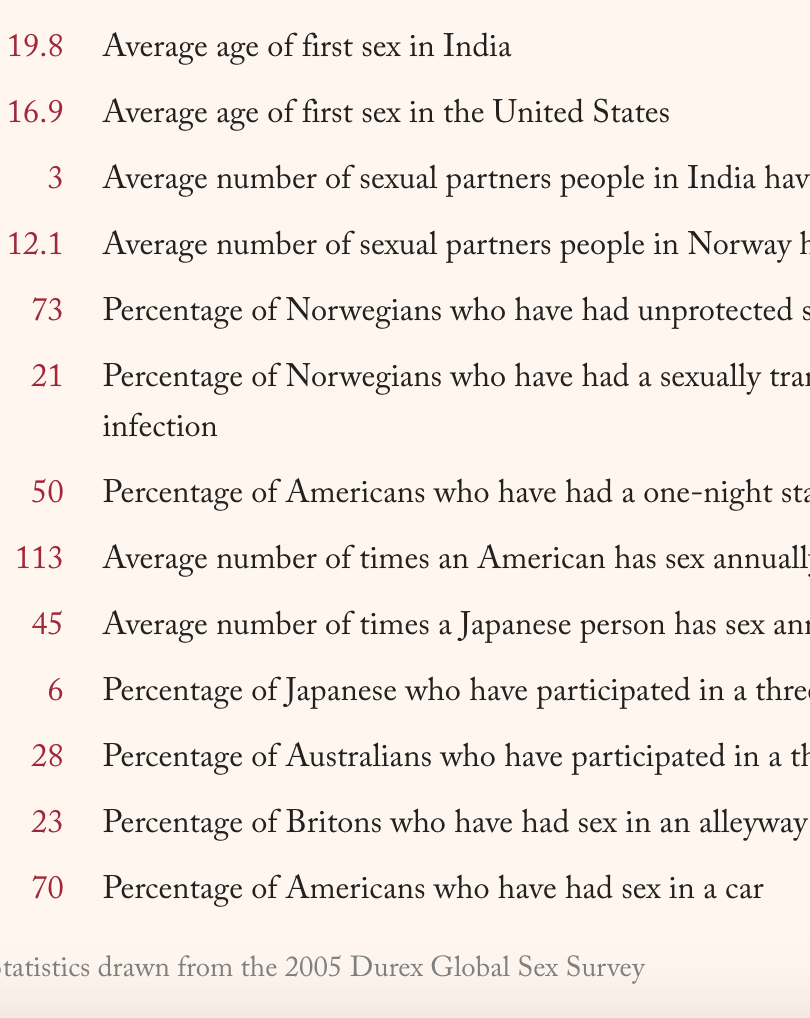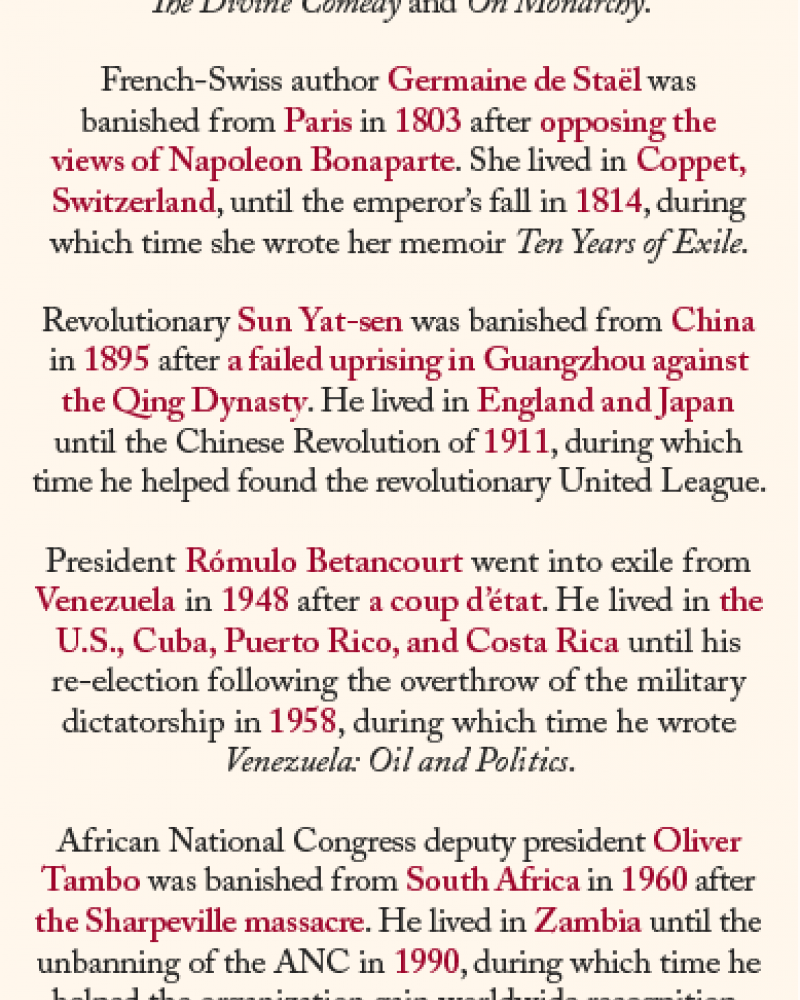Miscellany
A section on law and justice in the Arthashastra, an ancient Indian manual of statecraft, describes an apparently coveted capital punishment. “Being gored to death by an elephant is as meritorious as having the sacred bath at the end of the ashvamedha horse sacrifice,” it reads. Anyone seeking this sentence is required to provide gifts of rice, wine, and garlands as well as “a piece of cloth to clean the tusks.”
Miscellany
“Your minds are full of all kinds of treacherous plans,” wrote Indian activist Tarabai Shinde, addressing men in an 1882 pamphlet. One plan: “Let’s bluff this moneylender and pocket a thousand rupees from him.” Another: “That woman Y, what a coquette she really is! What airs she gives herself! Must corner her one of these days and see whether some affair with her can be managed.” Such “insidious perfidies,” she concluded, “never enter a woman’s mind.”
Miscellany
In ancient Indian espionage networks, a sattri was an orphan-spy trained from youth in palmistry, magic, omens, and augury.
Miscellany
The world’s largest shipbreaking yard is near Alang, India, where, during the 2011–2012 season, around fifty thousand employees broke down 435 ships for scrap, which had a value of about $2 billion.
Pages
- « first
- ‹ previous
- 1
- 2
- 3



